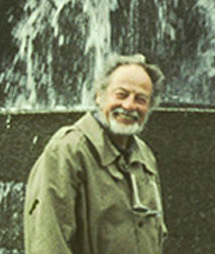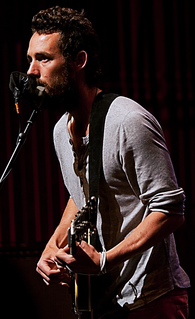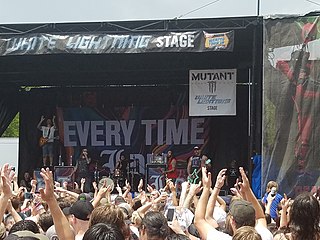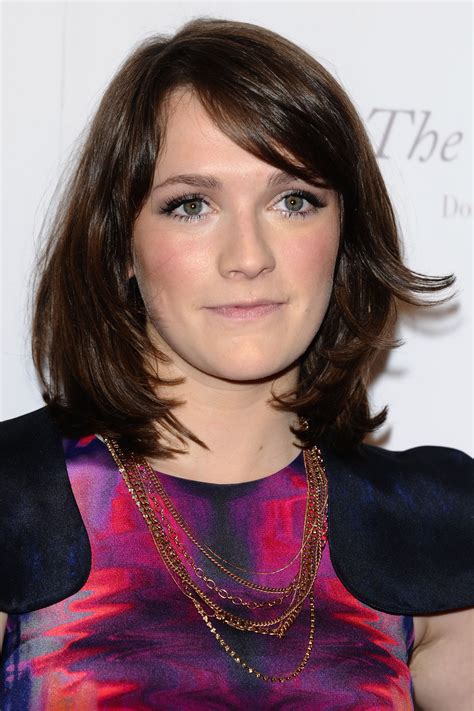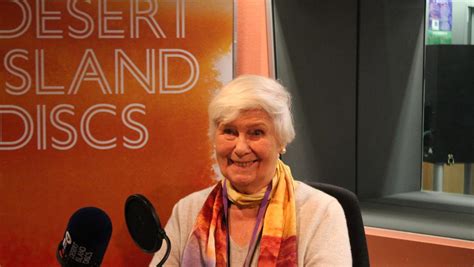A Quote by Lawrence Halprin
I suppose and I hope that the young guys who are out there losing their lives at least feel the same way I did. I shouldn't think about this very much because I'm almost weeping when I think about it.
Related Quotes
Architecture is really about well-being. I think that people want to feel good in a space... On the one hand it's about shelter, but it's also about pleasure. The intention is to really carve out of a city civic spaces and the more it is accessible to a much larger mass in public and it's about people enjoying that space. That makes life that much better. If you think about housing, education, whether schools and hospitals, these are all very interesting projects because in the way you interpret this special experience.
My wife and I both grew up with parents who were very young. Her mom was, I think, 17 or 18 when she was born; my mom was 15 when I was born. So, as we got older, we started thinking a lot about that - about the time that those people missed because we came along when we did and because they devoted so much of their lives to taking care of us.
When I'm following what a character does in a book I don't have to think about my own life. Where I am. Why I'm here. My moms and my brother and my old man. I can just think about the character's life and try and figure out what's gonna happen. Plus when you're in a group home you pretty much can't go anywhere, right? But when you read books you almost feel like you're out there in the world. Like you're going on this adventure right with the main character. At least, that's the way I do it. It's actually not that bad. Even if it is mad nerdy.
I think about the structure, sure. I think about what's going to happen, and how it's going to happen, and the pace. But I think if I stop to think about it in an abstract sense, I feel very daunted. I just try to enter into the story and feel my way through it. It's a very murky, intuitive way of going about it.
I don't care much about the outcome. I'd like for people to feel better and have better lives, but I don't think that's in the cards through political action. I think bloodshed is still the way you get dramatic change. That'll never happen because they've got all the guns now. At least they've got the nice guns, the big ones, the ones with night vision.
I know Donald's [Trump] trying very hard to plant doubts about it, but I hope the people out there understand: This election's really up to you. It's not about us so much as it is about you and your families and the kind of country and future you want. So I sure hope you will get out and vote as though your future depended on it, because I think it does.
I think too much is known about me already. I think biographical information can get in the way of the reading experience. The interchange between the reader and the work. For example, I know far too much about Norman Mailer and Kurt Vonnegut. Because I know as much as I do about their personal lives, I can't read their work without this interjecting itself. So if I had it to do over, I'd probably go the way of J.D. Salinger or Thomas Pynchon. And just stay out of it altogether and let all the focus be on the work itself and not on me.
Anger is a response that can lead to harm if we don't evaluate what we are upset about. Ask yourself what you are afraid of, as anger is almost always fear in disguise. If we think something or someone threatens us, we feel fear-fear that we are inadequate, that our lives are out of control, that things won't go our way. Then we fight. Find out what you're upset about. We rarely are upset for the reason we think.
